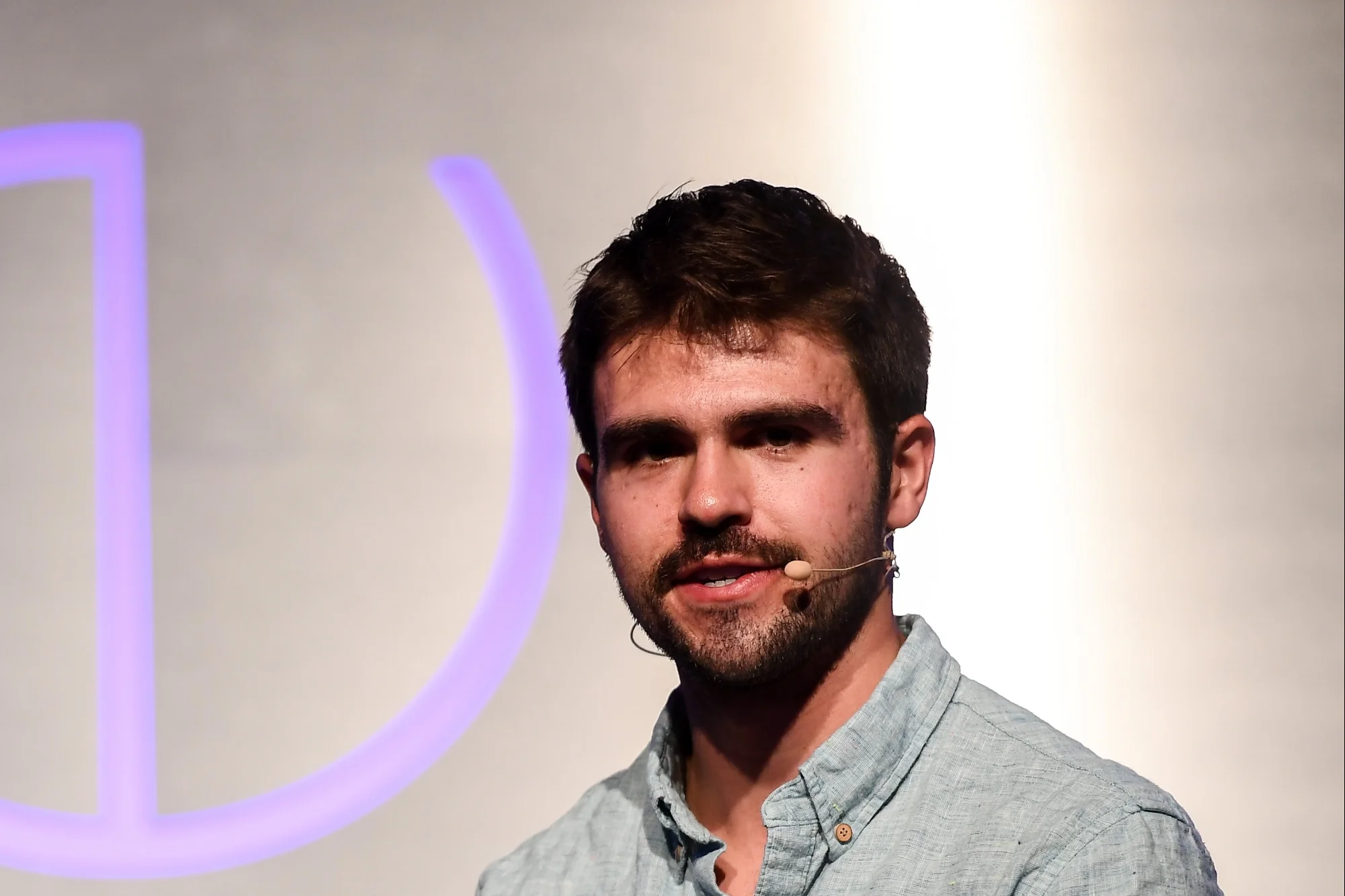Wisereads Vol. 💯 — Useful Not True by Derek Sivers, Andrew Ng on Building Faster with AI, and more
Last week, we featured a five-chapter preview of Lawrence Yeo's debut book, The Inner Compass: Cultivating the Courage to Trust Yourself. This week, in celebration of 100 weeks of Wisereads, we teamed up with thought leader Derek Sivers to share his latest book, Useful Not True, in its entirety. 🎉 💯
Keep reading to add to your Reader account below 👇
Most highlighted Articles of the week

The Death of Partying in the U.S.A.—and Why It Matters
Journalist Derek Thompson pieces together how celebrated shifts—smartphones, dual incomes, even declining teen drinking—may quietly be thinning Americans’ social calendars. "Between 2003 and 2024, the amount of time that Americans spent attending or hosting a social event declined by 50 percent. Almost every age group cut their party time in half in the last two decades. For young people, the decline was even worse. Last year, Americans aged 15-to-24 spent 70 percent less time attending or hosting parties than they did in 2003."

The sound of inevitability
Tom Renner warns readers not to be swayed by claims of inevitability—a debate tactic that, he argues, silences opposing views. "People advancing an inevitabilist world view state that the future they perceive will inevitably come to pass. It follows, relatively straightforwardly, that the only sensible way to respond to this is to prepare as best you can for that future. This is a fantastic framing method. Anyone who sees the future differently to you can be brushed aside as 'ignoring reality', and the only conversations worth engaging are those that already accept your premise."

Reflections on OpenAI
Inspired by Nabeel Qureshi's Reflections on Palantir, Calvin French-Owen distills lessons from his stint on the OpenAI team that launched Codex in just seven weeks. "Thanks to this bottoms-up culture, OpenAI is also very meritocratic. Historically, leaders in the company are promoted primarily based upon their ability to have good ideas and then execute upon them. Many leaders who were incredibly competent weren't very good at things like presenting at all-hands or political maneuvering. That matters less at OpenAI then it might at other companies. The best ideas do tend to win."
Most highlighted YouTube Video of the week

Andrew Ng: Building Faster with AI
Speed is a start-up’s greatest edge. Speaking at YC’s AI Startup School, Dr. Andrew Ng, founder of DeepLearning.AI and Stanford professor, shows how AI can tighten decision cycles and feedback loops. "Concreteness buys you speed, and the deceptive thing for a lot of entrepreneurs is that vague ideas tend to get a lot of kudos. If you go and tell all your friends we should use AI to optimize the use of healthcare assets, everyone will say that's a great idea. But it's actually not a great idea, at least in the sense of being something you can build. When you're vague; you're almost always right. But when you're concrete, you may be right or wrong."
Most highlighted Twitter Thread of the week

the jackpot age
Alex, better known online as "thiccy," highlights how investors gravitate toward reckless, negative-EV trades in pursuit of an elusive jackpot—a pattern he sees across crypto and broader money culture. "My answer is always the same. build more edge rather than risk more size. Don’t kill yourself chasing the jackpot. Log wealth is what matters. Maximize the 50th percentile outcome. Make your own luck. Avoid drawdowns. Eventually you will get there."
Most highlighted PDF of the week
Measuring The Impact Of Early-2025 AI On Experienced Open-Source Developer Productivity
Researchers at Model Evaluation & Threat Research (METR) report a surprising result: AI slowed seasoned engineers working in complex, familiar codebases. "16 developers with moderate AI experience complete 246 tasks in mature projects on which they have an average of 5 years of prior experience. Each task is randomly assigned to allow or disallow usage of early-2025 AI tools... After completing the study, developers estimate that allowing AI reduced completion time by 20%. Surprisingly, we find that allowing AI actually increases completion time by 19%—AI tooling slowed developers down."
Hand-picked book of the week

Useful Not True
You probably already know not to believe every thought you think. But rather than asking, "Is this thought true?" ask, "Is this useful?"
In his latest book, Useful Not True, entrepreneur and author Derek Sivers argues that truth is often elusive and not always relevant; what's important is choosing perspectives that foster agency and empathy.
Handpicked RSS feed of the week

Derek Sivers
This week’s author built his legacy by doing the unexpected: coding a music company from scratch, selling it for $22 million, and donating it all to charity. Along the way, he became known for sharp insights on philosophy, entrepreneurship, and life. From One big choice shapes a hundred more: "We make a big choice, like a house, job, spouse, or dog. We think about the thing itself: the look of the house, what the job pays, what a sweet dog. But a choice has so many cascading consequences. One big choice shapes a hundred little others. I try to imagine the ripple effects — the later details that make the day-to-day difference."